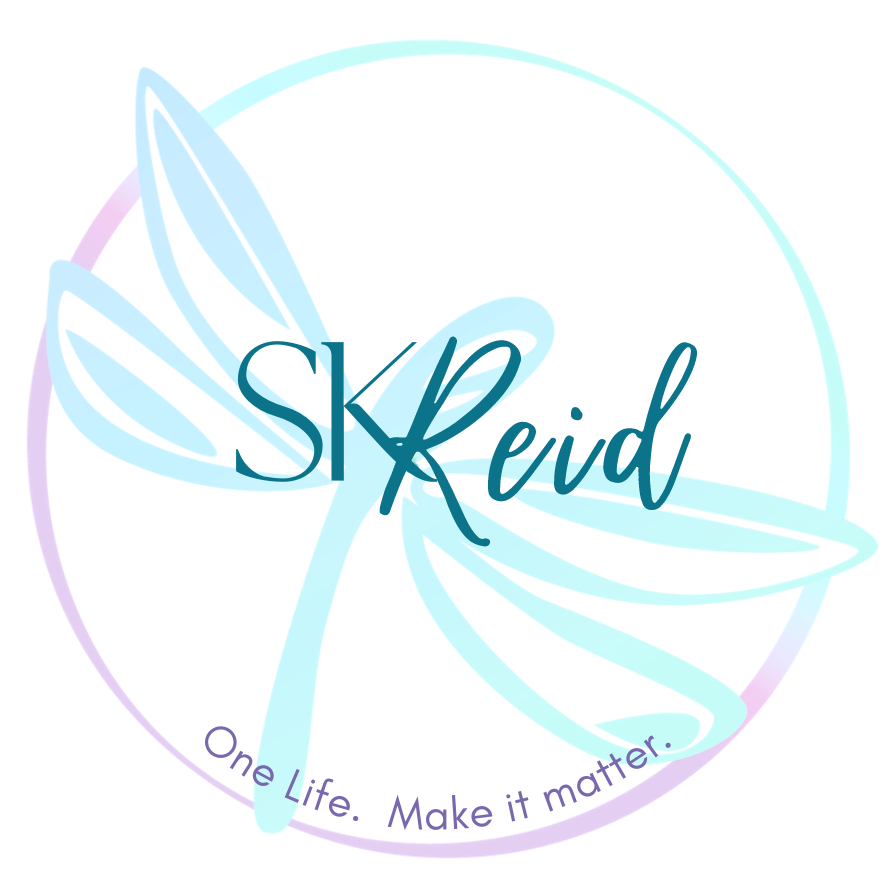Welcome to a Journey of
Healing & Understanding
|  |
Understanding the Stages of Grief
In the deeply personal journey of grief, understanding the stages we may encounter offers a beacon of insight in a sea of emotions. While grief is as individual as a fingerprint, many find comfort in recognising common patterns in their emotional landscape. These stages, often described as denial, anger, bargaining, depression, and acceptance, aren't linear steps but rather a spectrum of responses that ebb and flow over time.
In this section, we delve into each stage, not as checkpoints to be crossed, but as signposts on a path that is uniquely yours. They are a framework helping us to understand and articulate our experiences, providing a language for the often indescribable nature of our loss. Remember, there's no right or wrong way to journey through grief. Each step, each moment of pause, each backward glance is part of the intricate process of healing and finding meaning after loss.
 |
|
|  |
 |
|
|  |
 |
|
Final Thoughts on the Stages of GriefAs we explore and reflect on the multifaceted stages of grief – from the initial shock in denial to the eventual integration of our loss into our New Normal – it's important to remember that grief is not a linear journey. Grieving is a deeply personal experience marked by moments of sadness, anger, bargaining, and gradual healing. 'Healing' is different for everyone. While we never really get over our loss- how can we– we can learn to live with our loss in a way that allows the possibility of hope once again. In this journey, being gentle with oneself is paramount. Self-compassion and patience are crucial as you navigate the emotional landscape of grief, acknowledging that healing is not a destination but a journey of gradual understanding and adaptation. To help you on your journey through grief, I have a Gentle Grief Guide to help and support you navigate this difficult time. Download your free copy here. Explore the resources on my 'Comfort' page if you are grieving, for further support and guidance. Additionally, my book After Life, After You offers insights and personal reflections on coping with the loss of a spouse. Find more information here.
Further ResourcesNever feel like you have to suffer alone. There are support services that you can turn to if you feel that you need extra support. Find a list of Grief and Bereavement Resources for the United Kingdom, the United States, Australia and New Zealand here. For the unique and difficult experience of perinatal loss and grief, the Perinatal Loss and Involuntary Childlessness Alliance (PLICA) offers tools and resources. Find them here. For more information on spousal bereavement, visit my author page here.
|
